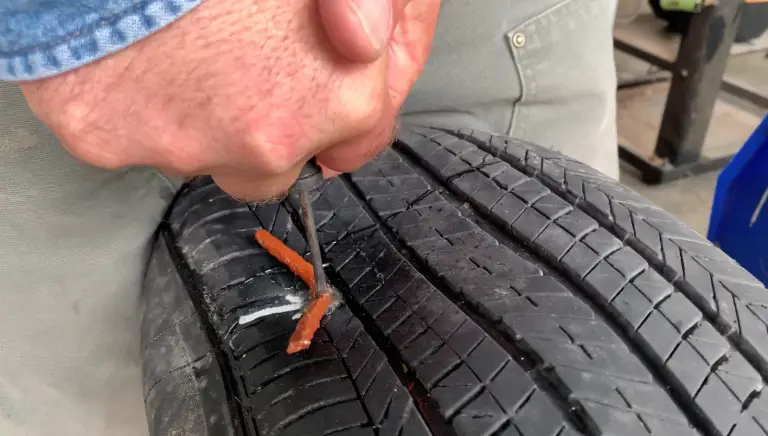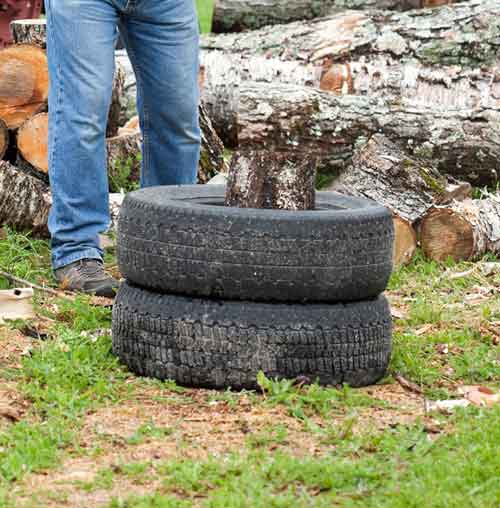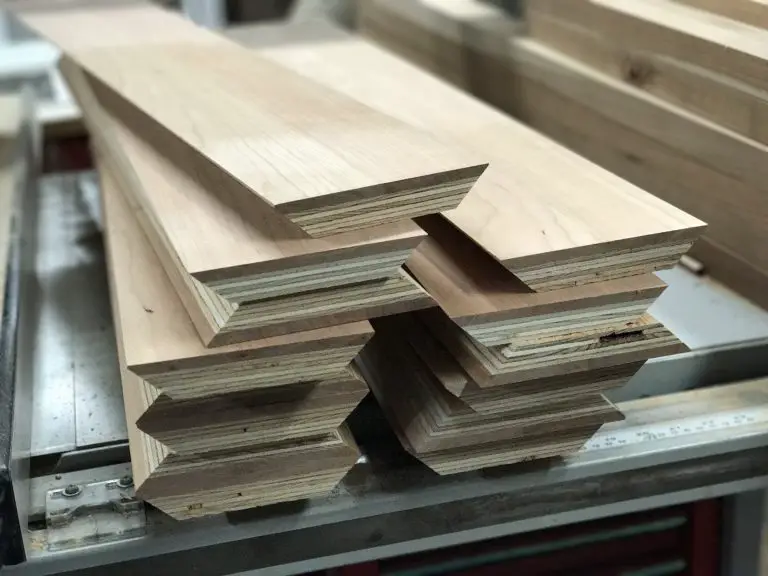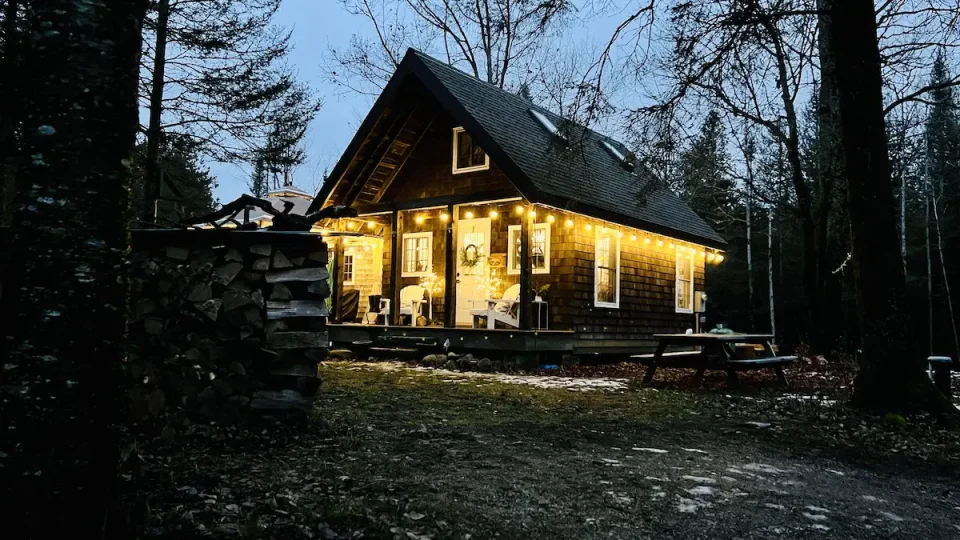
Question: How can my wife and I earn a living in the country so we can move out of the city? We’re over-educated urban dwellers with a dream of becoming homesteaders and permaculture farmers. Should we get certified in some trade before making the leap? Do we need to move to a semi-urban place, then commute for a pay cheque? Are we missing some other options?
Answer: I was asking myself the same questions in the mid-1980s when I decided to move from the city where I grew up to some place in the country. I made the leap to full-time country life in 1989 when I was 26 years old, and since then I’ve met more and more people who feel the urge to move away from high-priced, high-pressure lifestyles in and around cities. There seems to be a trend here, and that’s a good thing. Many small, rural places could use more creative, hard-working, self-starting people. There’s satisfying lives to be enjoyed here, too. The trick, as you’ve noticed, is how to solve the money problem. The solution actually goes beyond just country living, but extends to anyone who doesn’t want to be required to travel to a specific work place for set hours of the day.
Let me start by telling you about typical ideas that come to mind, and why they’re not a great idea for what you have in mind.
Full-Time Agriculture?
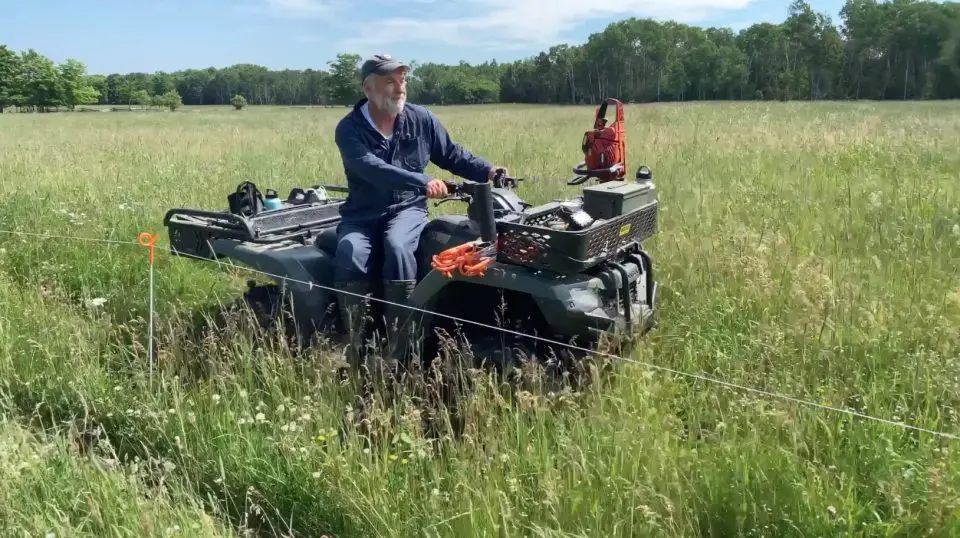
One option that’s more difficult than most is the same option many city people think about right away when contemplating a move to the country: agriculture. While it is possible to make a living as a small scale producer of fruits, vegetables and other farm products, it takes an ideal piece of land, some pretty good equipment, a lot of skill, great marketing abilities and the ability to work hard over the long haul. All this is difficult to pull together when the whole farming thing is new to you and you’re adjusting to rural life at the same time. Then there’s the economics of agriculture. Where I live I know of dozens of people who farm in various ways, and many quite large operations. With just a few exceptions, every one of these farming households includes some sort of substantial off-farm income. And this true when most farmers I know didn’t even have to buy their own land and equipment, but rather merely inherited a foundation and built upon it. Farming can work, but it’s the longest of long shots when it comes to funding the kind of rural lifestyle urban dwellers envision.
What About The Trades?
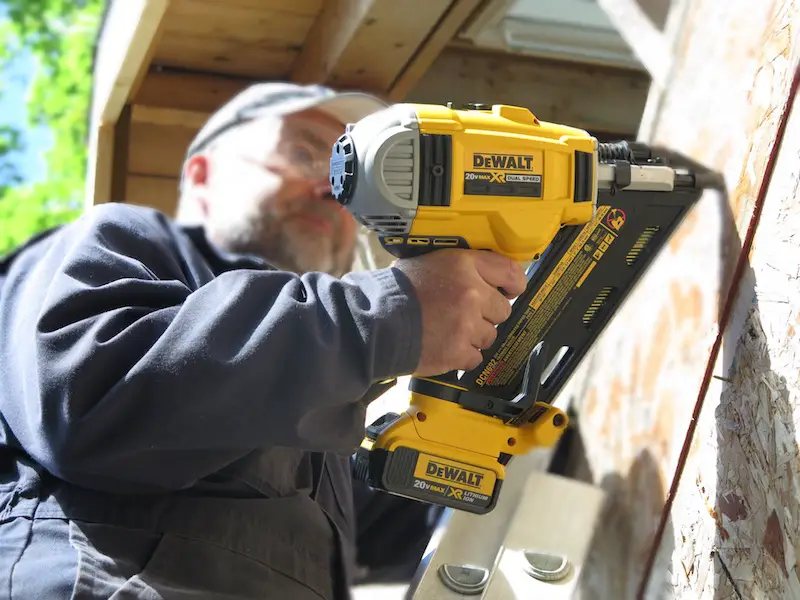
Developing skills as a carpenter, roofer, mason, plumber or other tradesperson is extremely useful for do-it-yourself projects on your land, but it’s not ideal as the economic engine of a homestead in my experience. That’s because it breaks the cardinal rule I have for modern homestead life – earn all the money you need without ever leaving the property. Why does this matter? The moment you have to leave your land during the best part of the day to earn money, that’s when a huge distraction from homestead work and life kicks in. Also, being a tradesperson in a rural area involves lots of expensive driving over long distances to get to the job site. I like trade work, we need more good tradespeople, I’m just saying that it’s not the ideal economic engine to fund a homestead life or any other lifestyle where you don’t want to be tied to a workplace and tied to someone else’s work schedule.
Online Work Is King
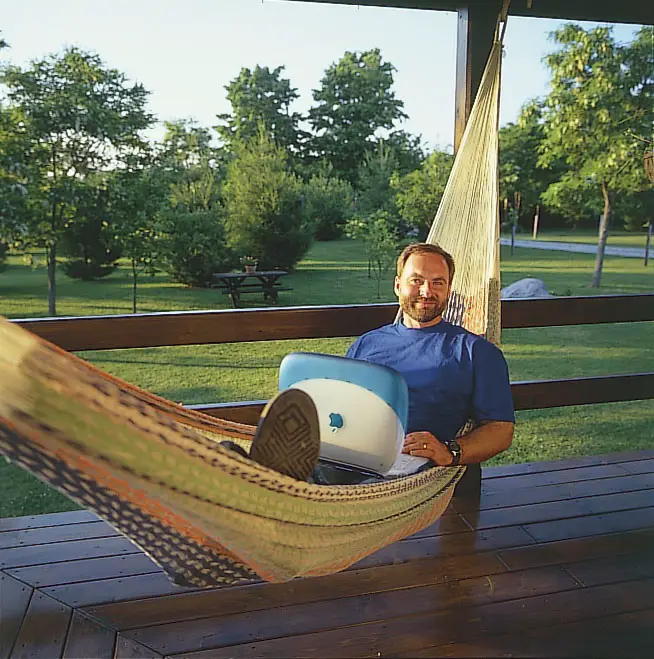
This is by far the best option, and it’s more varied than you might think. The internet is the one thing that makes homesteading economics much more possible than ever before is the internet. I love farming and do as much of it as I can, I’m also a cabinetmaker and carpenter by trade, and use these skills regularly. But I rely on neither of these activities for the bulk of our family income. That’s because digital, online work is more lucrative, more flexible and brings more variety to my day. My kids have grown up seeing me support the family this way, and my three oldest have taken the idea of remote work and run with it. Each situation is different, but a few details might get you thinking of your personal approach:
VIDEOGRAPHY: Our oldest, Robert, began developing writing and video skills beginning when he was 15. He’ll be 35 this year, with 20 years experience in his craft, and now makes videos for people all over the world from his homestead house on our property. He’s also taken his interest in Bigfoot and turned it into a successful YouTube channel, Cabin in the Woods. His income supports his wife and daughter, and his work life leaves plenty of time for “real work” with his hands on the land.
INTERNATIONAL PRODUCT SALES: Katherine (31) is next down the line, and with her husband Paul they make and sell a hair growth oil to customers around the world. Although it’s a physical product, the internet is essential for promoting and selling it in large enough quantities that to become the sole financial support for their family of 7 (soon to be 8). They live on a beautiful farm property just down the road from us. They make and sell Katherine’s hair oil, and I manage their fields and forests.
ONLINE COACHING: Our Joseph (27) got interested in shot put and discus when he was in middle school, and turned that interest into a full ride athletic scholarship at the University of Tennessee where he earned a business degree in marketing. After a few years of working in management for several companies, he felt the time and location restriction of corporate life enough that he launched his own venture. Joe is now coaching high school throwers across North America virtually online and making twice as much as a corporate employee and in less than half the time. His venture is called College Throwers Academy, he travels whenever and wherever he wants for enjoyment because his “work” takes only about a quarter of each day and he can do it anywhere he wants in the world. As I write this he’s been with us here at the house for several weeks visiting, then traveling to Italy in month, bringing his livelihood with him. He bought the farm property adjoining Katherine and Paul’s place and will likely be building a house and settling down there.
The chance to work digitally allows people from across the world to collaborate on all kinds of work that used to require travel and physical meetings. My recommendation to you and your wife is to develop some kind of digital, internet-based business where you’re living now, then move to a rural place when you’ve grown it to the point of profitability. Developing your digital skills to the point where companies hire you as a remote, freelance contractor holds similar promise.
Hands-On Skills Still Key
While you’re making all this happen, do everything you can to develop hands-on skills. It’s a huge advantage being able to keep your own water system flowing, reshingle a roof, prepare soil for a kitchen garden, build sheds and complete basic maintenance on your vehicles. One of the joys and benefits of homestead life is that it’s so varied. When you get tired of digital work on your laptop as you sit under a tree, there are always eggs to collect, a garden to till or the oil to be changed in your truck.
Got questions? Every situation is different, but I’m happy to answer questions about earning a living on your own terms, whether you want to live in the country, travel the world while you earn, or anything in between. Send me an email at s[email protected]







